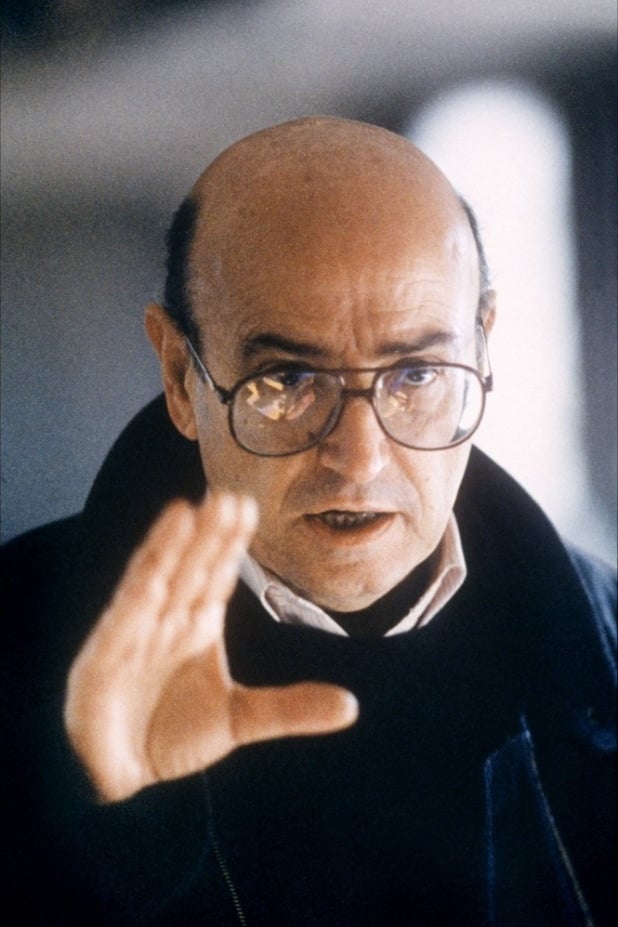
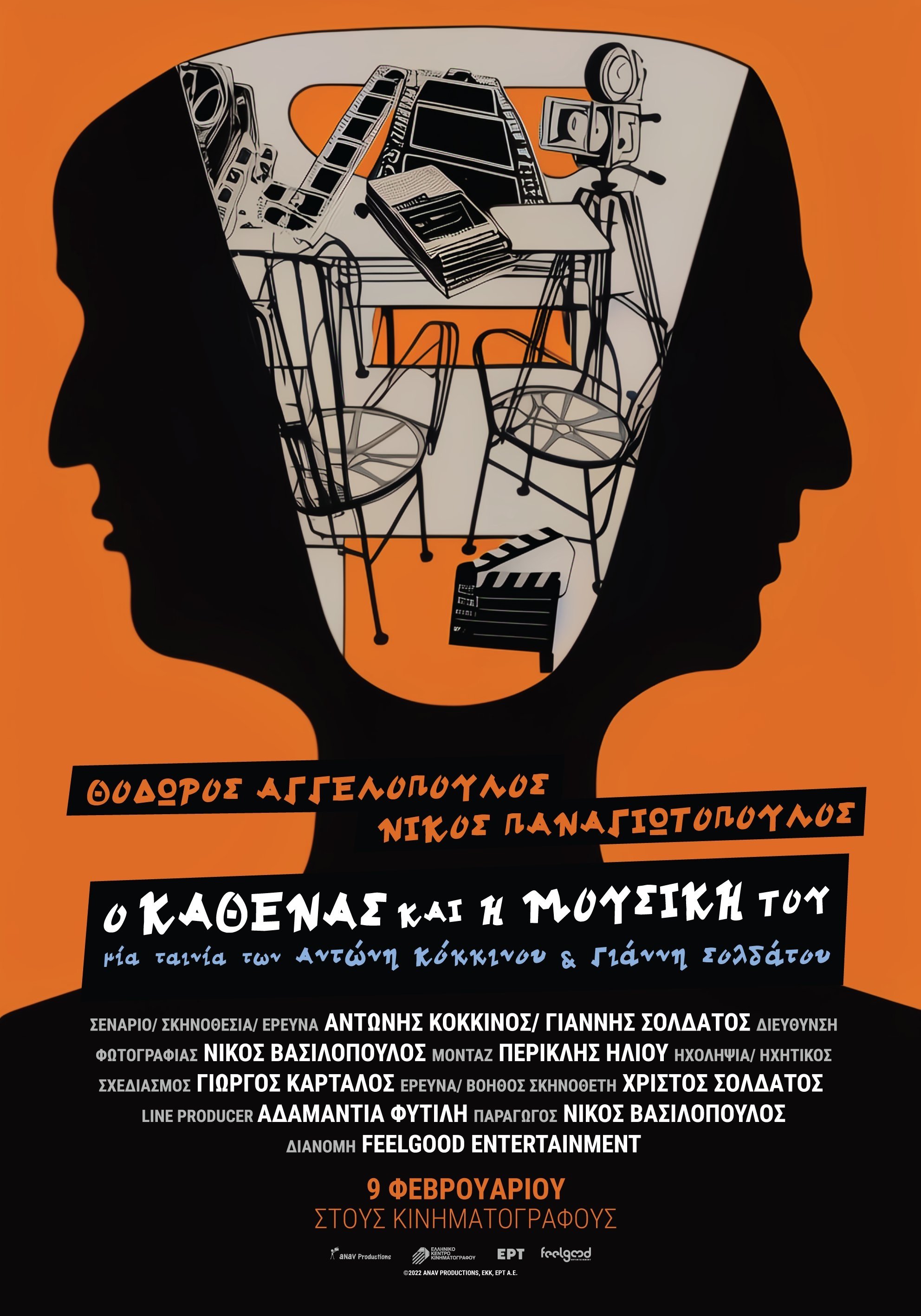
In the mid-80s, Aegokeros publishing house intended to publish a magazine about film and the theater. Theo Angelopoulos and Nikos Panayotopoulos had been chosen by the editorial board for the first issue. A summer evening at Angelopoulos house in the Mati area, Antonis Kokkinos and Yannis Soldatos recorded a three-hour interview between Theo and Nikos, within the frameworks set for them, in order to be included in the magazine. The interview brought to the fore their common course, even though completely opposite from one point onward. Thirty-five years later, the unpublished conversation has been found; both the tapes and the transcripts! This conversation stands as a valuable manifestation of the creators’ views regarding their own, until then, existing and future work, as well as a thorough insight into the New Greek Cinema, and into World Cinema in general.

At the 60th anniversary of Cannes Film Festival, 34 famous directors are followed by camera.
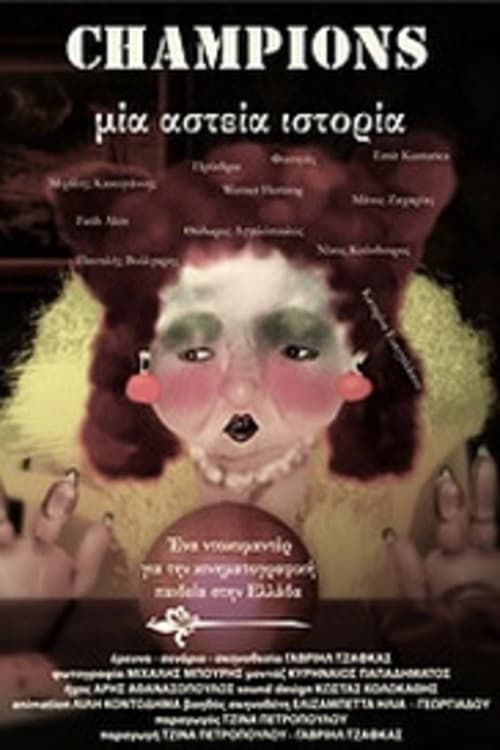
A comic tale. The issue of film education has been a Gordian link for many years in Greece. Starting from the time of Stavrakos in 1950, the documentary reaches up to the present day, exploring this issue through a dialogue between the people who dealt and are dealing. Among them Theodoros Angelopoulos, Pantelis Voulgaris, Dinos Katsouridis, Nikos Koundouros, Manos Zacharias, Werner Herzog, Emir Kustouritsa, Fatih Akin.
A cinematic portrait of director Nikos Koundouros, this documentary explores his artistic journey through the voices of renowned Greek artists, tracing the experiences and influences that shaped his visionary work.
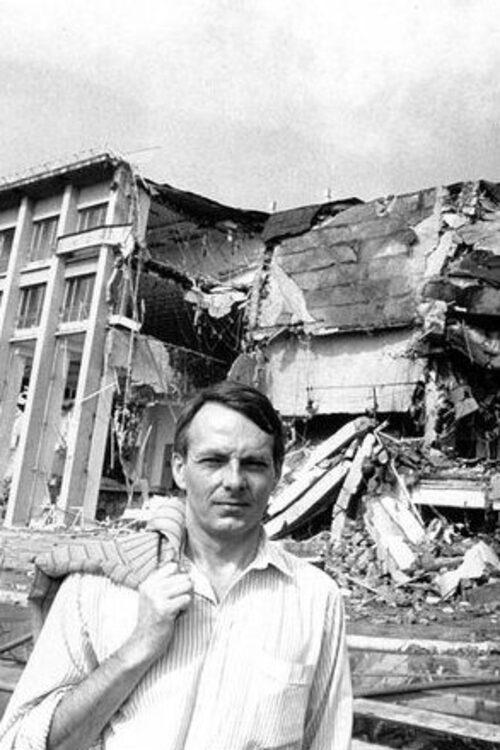
A hstory of the Cannes Film Festival's Director's Fortnight selection.
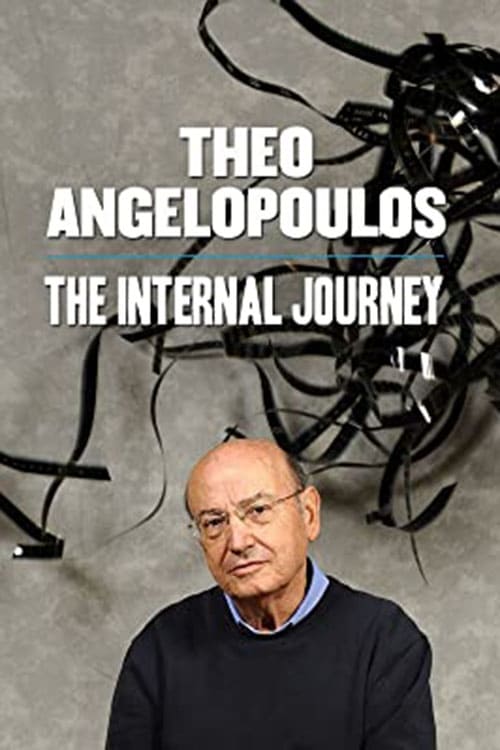
A deeply personal look at the life of Greek filmmaker Theo Angelopoulos, one of the foremost representatives of Greek cinema. His life reflects the tragedies faced by an entire nation during the oppressive era of military dictatorship. It is a story of boundless ambitions, hope, love and the responsibilities that haunt every artist, even after death.
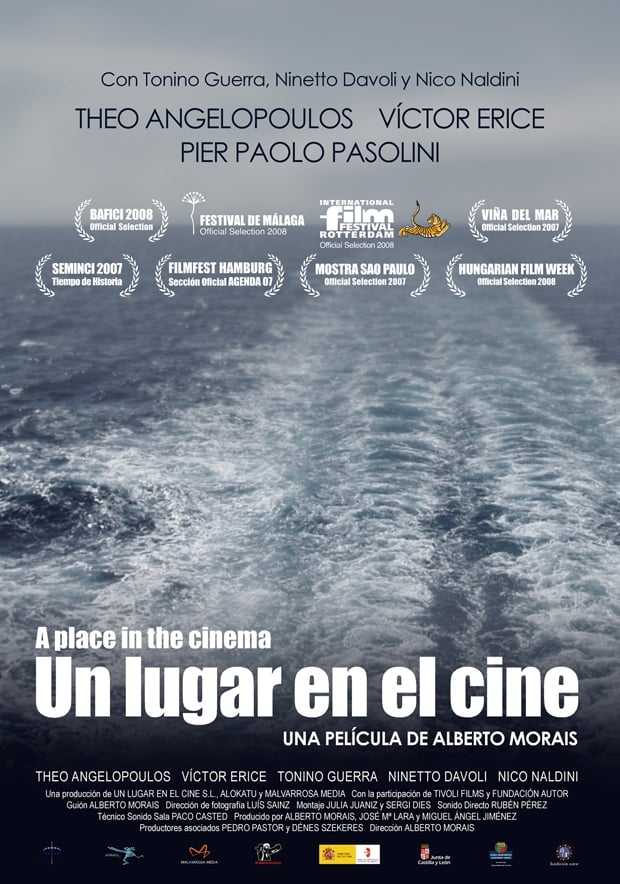
Greek Theo Angelopoulos traveling from Athens to Ostia, the Roman beach where Pasolini was killed. Far from there, in a Spanish train station, Víctor Erice wanders in an interview about the film resistance. And in Italy, Tonino Guerra, Ninetto Davoli and Nico Naldini lend his voice to the missing Passolini to close a historic triangle on film and solitude.
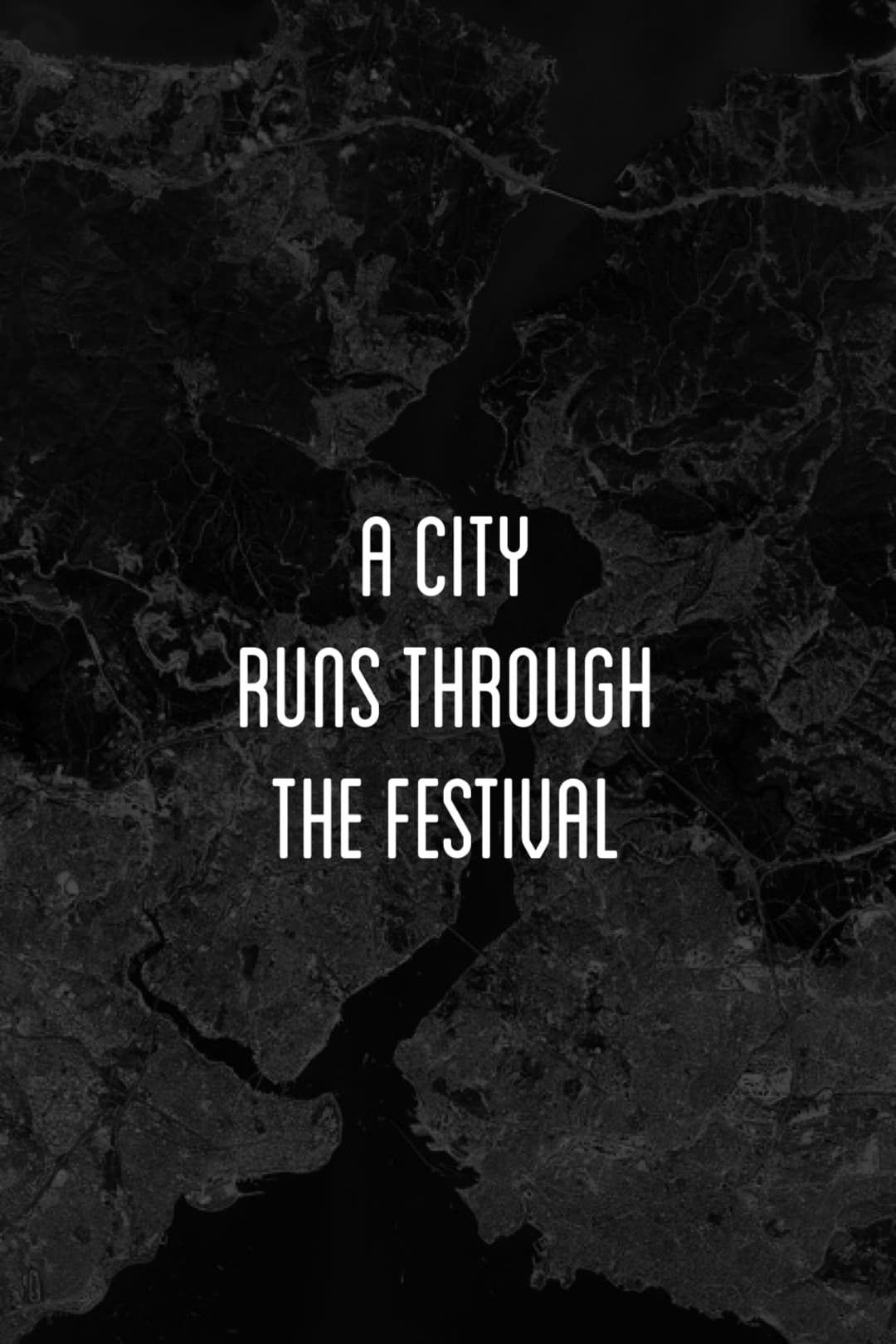
A City Runs Through the Festival is an anatomy of the Festival through the eyes of its own audience.
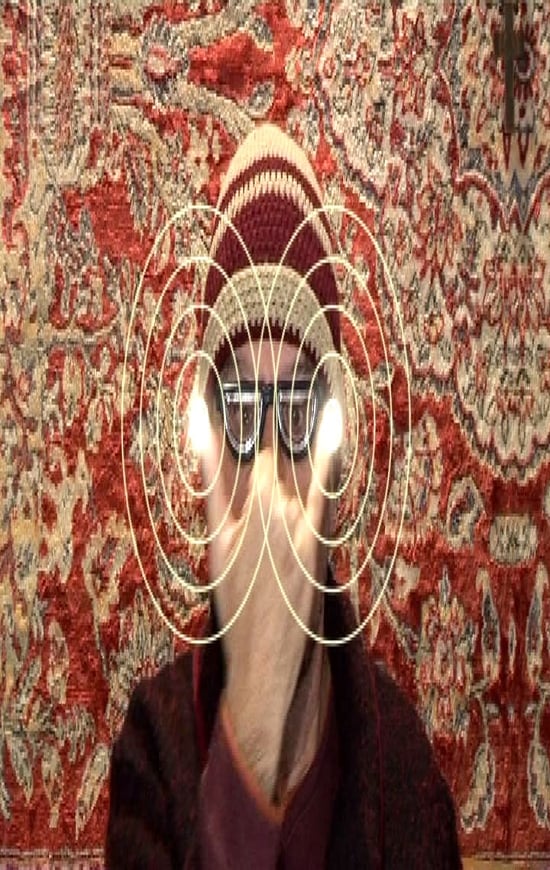
A film director, his relationships with women and the expression of his bitterly emotions about cinema and Greece

An interview with Japanese writer and poet Natsuki Ikezawa at Angelopoulos' home in Greece.
Theodoros "Theo" Angelopoulos (Greek: Θεόδωρος Αγγελόπουλος) (27 April 1935 – 24 January 2012) was a Greek filmmaker, screenwriter and film producer. An acclaimed and multi-awarded film director who dominated the Greek art film industry from 1975 on, Angelopoulos was one of the most influential and widely respected filmmakers in the world. He started making films in 1967. In the 1970s he made a series of political films about modern Greece. Angelopoulos' work, described by Martin Scorsese as that of "a masterful filmmaker", is characterized by slightest movement, slightest change in distance, long takes, and complex yet carefully composed scenes; his cinematic method, as a result, is often described as "sweeping" and "hypnotic." In 1998 his film Eternity and a Day went on to win the prestigious Palme d'Or at the 51st edition of the Cannes Film Festival, and his films have been shown at many of the world's most esteemed film festivals. In 2000 he was the President of the Jury at the 22nd Moscow International Film Festival. The life of Theo Angelopoulos, his work, and his passion were the subject of a documentary directed in 2008 by Elodie Lelu. Angelopoulos died late on Tuesday, 24 January 2012, at 76 years old after being involved in a crash with a motorcycle ridden by an off-duty police officer. He was taken to hospital, where he was treated in an intensive care unit but succumbed to his serious injuries several hours later. Description above from the Wikipedia article Theo Angelopoulos, licensed under CC-BY-SA, full list of contributors on Wikipedia.
By browsing this website, you accept our cookies policy.